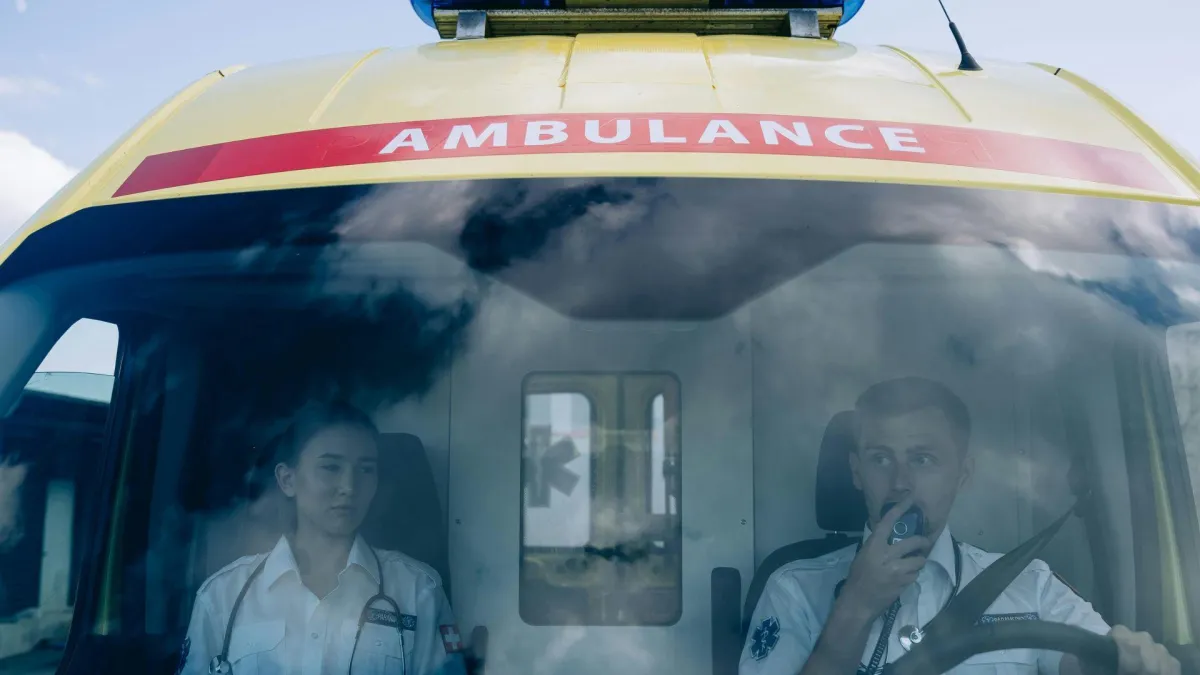LEARN MORE ABOUT TRAUMA INFORMED PRACTICES


6 Hours: Trauma Informed Practice and Awareness in the Workplace

By The End Of This Workshop,
You'll Be Able To:


Understand the different types of trauma that can affect individuals in the workplace, including acute, chronic, complex, interpersonal, and vicarious trauma.

Recognise common symptoms and signs of trauma in employees, such as re-experiencing, avoidance, hyperarousal, and emotional numbing.

Gain insights into the impact of trauma on an individual's sense of self-esteem and self-worth, and its potential influence on behaviour and performance.

How our nervous system is at the heart of how we react and why our past dictates our present behaviours, thoughts and emotions

Learn about the importance of creating a supportive and non-judgmental environment in the workplace to address trauma effectively.

Explore the role of communication in trauma awareness and accommodate trauma-influenced communication styles.

Understand the neurobiological basis of trauma responses, including the Triune Brain Hypothesis and the function of key brain regions.

Gain knowledge about the autonomic nervous system and its role in stress and trauma responses, including the fight, flight, and freeze responses.

Learn about the Polyvagal Theory and its implications for understanding physiological and emotional responses to trauma.

Discover practical techniques and exercises to enhance vagal tone, promote emotional regulation, and support resilience in the workplace.

Develop the leadership skills and practices necessary for building trust, fostering empowerment, and creating a trauma-informed workplace culture that promotes well-being and growth.




